Invoice Payment: What It Is, Effective Methods and Tips
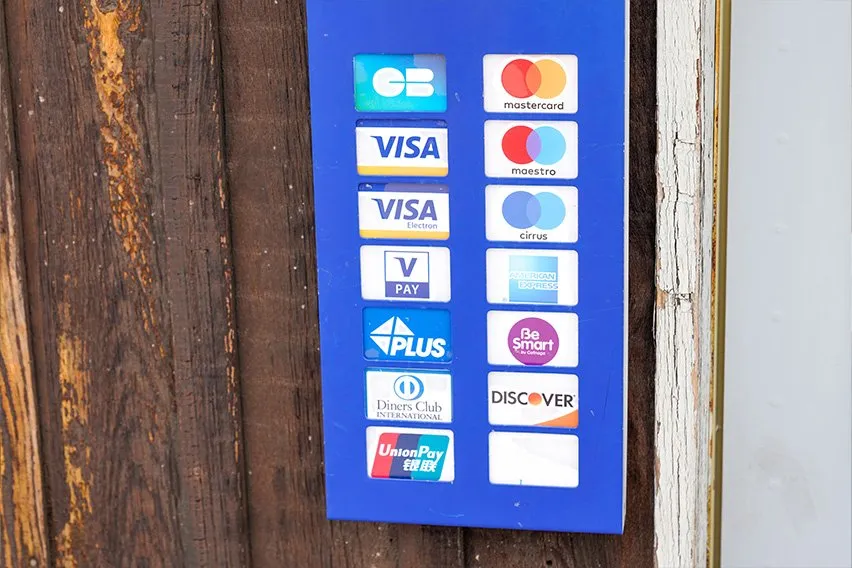
When a vendor provides goods and services to a business, the vendor submits an invoice to the business and the business then submits an invoice payment to pay for those products or services. In many cases, small businesses need to manage multiple invoice payments for all the vendors that provide services for their business.
Having a clear system for managing your invoice payments is essential to keeping track of your business budget, maintaining good vendor relationships, and avoiding late payment fees.
We’ll explore common invoice payment methods including credit, automated payments, and bank transfers. We’ll also explore tips for managing timely invoice payments so you can create an automated invoice processing system and payment system that works for your small business.
Key Takeaways
- Invoice payments are payments that businesses make to vendors to pay for goods and services.
- Invoice payment methods include checks, online payments, mobile payments, and bank transfers.
- It’s important to review invoices for payment dates and accuracy.
- Invoicing software helps to ensure that invoices are paid securely and on time.
Table of Contents
- What Is an Invoice Payment?
- Invoice Payment Methods
- Best Practices for Timely Invoice Payments
- Conclusion
What Is an Invoice Payment?
An invoice payment is a payment that a business makes for goods and services acquired. Invoice payments often refer to the payments you make to vendors who supply your company with the goods and services you need to run your business.
Having a good invoice payment system is key to making payments on time and maintaining good business-vendor relationships. It’s also important for protecting your payment security and reducing the risk of fraud. In larger businesses, invoices are managed by the accounts payable department, but many small business owners choose to use invoicing software to help process and pay invoices.

Invoice Payment Methods
To make an invoice payment, you’ll have to choose the payment method that works best for your small business. Here are some common invoice payment methods to choose from:
Pay by Check
Paying by check is a common way of paying invoices, but it can also be time-consuming. Once an invoice is processed and approved, you’ll need to fill out the check and send the payment by mail. Although paying by check may seem affordable, it still takes time away from more important business matters, which can cost you additional money spent on labor.
Mailing checks also presents some risk of delays and security concerns. If your check is lost in the mail, you may be charged late fees on your invoice payment, which could harm your business’s relationship with the vendor. Your check might also be stolen and cashed by someone unauthorized and you might have to pay the vendor again.
Cash Payment
Steer clear of cash payments for any large invoices, especially if you aren’t paying the bill in person. Even if the vendor provides you with paper invoices, digital payment systems offer a more secure method of invoice payment. Cash offers no security, since it can be stolen or lost easily and there’s no way to replace it.
Online Credit or Debit Payment
Online payments by credit or debit card are simple to process, saving you time. Online payments made through reputable vendors offer several layers of security and encryption to keep your personal data safe.
Additionally, online credit and debit payments can often be processed instantly (or in the case of credit, within a few hours or days). This ensures your bill is cleared quickly and the vendor receives your payment on time.
Mobile Payment
Mobile payments are convenient and secure, especially if you are paying for the goods or services in person. With mobile payments, you can use an app like Venmo or PayPal. Alternatively, you can pay by using a credit or debit card to pay quickly and securely through a payment processor.
Automatic Bill Payment
Some vendors offer an Automatic Bill Payment option. Small businesses should consider setting up automatic bill payment to schedule their invoice payments in advance and ensure they’re never late making a payment. Automatic bill payments are fast and secure. You’ll just need to make sure there’s always enough money in the bank account associated with the automatic bill pay service provider so you aren’t hit with overdraft penalties.
Bank Transfer
Automatic Clearing House (ACH) transfers are used to send money directly from one bank to another, making them a highly secure way to send funds. Money is taken from your account and added directly to the vendor’s account, and can usually be reversed if there are any security issues.
There’s often a small fee associated with bank transfers, and they usually take between 24 hours and three days. However, their security and relative affordability still make them a popular choice for many small businesses.
Best Practices for Timely Invoice and Payments
Paying your invoices on time is essential for maintaining great relationships with your vendors. It’s also important for avoiding overdue fees that can come with faulty payment systems.
Review Invoices When You Receive Them
It’s best to establish an invoice approval process that you start using as soon as you receive invoices from your vendors. Not only will they not get misplaced, but you also will have the details of the purchase in your mind. When an invoice comes into your business, review it for the following:
- Check the invoice due date: Note the invoice due date so you can make sure you don’t miss the deadline.
- Review the goods or services received: Read over the itemized list of the products or services you purchased and make sure it aligns with what you actually received. If it doesn’t, follow up with the seller to discuss the discrepancy.
- Check the total cost: Check the total amount owing on the invoice to make sure it aligns with what you discussed with the vendor.
- Review the payment method: Some vendors prefer certain payment methods or offer discounts for options like recurring payments. Familiarizing yourself with the vendor’s preferred payment can save you time later when you pay your invoice.
Choose the Right Payment Method
Once you review the possible payment methods the supplier accepts, choose the one that’s smartest and most convenient for your small business. For example, if your business credit card allows you to collect cash back or travel rewards every time you use it, it might be the best option for you to process the invoice payment. In other cases, you may want to choose a specific method for its security or convenience. Bank transfers can be a good fit for large payments that require the best security, while mobile payments are great for paying vendors on-site.
Organize Invoices According to a Payment Schedule
Set up a consistent accounts payable system for tracking all the invoices you receive. You can create an invoicing schedule in Excel that sorts your invoices by due date or you can use a cloud-based accounting solution to create an invoice payment schedule. The frequency with which you pay invoices will depend on the volume of invoices your business receives: if you receive several invoices at different times of the month, it might make sense to pay invoices every week to prevent them from piling up over the month.
Set Reminders
It’s important that you don’t overlook or lose track of any unpaid invoices you have received. To help you manage all your invoice due dates, you can set reminders for every invoice that needs to be paid. The easiest way to set invoice payment reminders is to create alerts in a digital calendar to remind you of the bill a week before the invoice payment due date.
Automate Bill Payments
The easiest and most reliable way to ensure your business never misses an invoice payment is to automate all your bill payments, if possible. With automatic bill pay, you can schedule recurring bill payments, so that the money is automatically withdrawn from your credit card or bank account according to the payment schedule you set. That way, you don’t even have to think about your bill payments; your bills will be paid automatically ahead of the invoice payment deadline. You can learn more about setting up automatic payments by checking out our post on Automatic Payment Service for Small Business.
Cash in on Early Payment Discounts
Make note of any of your vendors that offer discounts for early payment and always schedule your bill payments to meet those early request payment deadlines. It’s common for businesses to reward customers for paying promptly by offering a discount on the invoice total if the customer pays within a certain early payment window. Often, businesses will offer a two percent discount on invoices if they’re paid within ten days of the invoice date, even though the actual payment deadline might be thirty days after the invoice date. Those discounts will amount to significant annual savings.
Stick to an Invoice Filing System
Develop an invoice filing system that works for your business, so you can keep track of the invoices you’ve paid, when paid them, and what payment method you used as well as the total payment amount. This will help you to create accurate accounting reports for your business. It’s also a good idea to save the payment confirmation details in case a dispute ever arises with a vendor about whether an invoice was paid.
Utilize Invoicing Software
Invoicing software is a great way to streamline your invoice payments. It’s an especially good fit for small businesses as it also lets you create custom invoice templates, send invoices, and receive payments on invoices for your vendors. Invoicing software offers an array of payment options like bank transfers and credit card, so you have a convenient and secure way to promptly send invoice payments.

Conclusion
An invoice payment is a payment you make to a vendor who has provided goods or services to your business. Managing your small business invoice payments is essential to maintaining good vendor relationships, avoiding late fees, and keeping accurate financial records and cash flow.
The right invoice processing software helps you streamline your invoice process and payments so you never miss a payment. FreshBooks invoicing software offers secure payment options, automatic reminders, and personalized invoicing so you can manage all your incoming invoices from vendors. Try FreshBooks free to start optimizing your invoice payment process today.
About the author
Jami Gong is a Chartered Professional Account and Financial System Consultant. She holds a Masters Degree in Professional Accounting from the University of New South Wales. Her areas of expertise include accounting system and enterprise resource planning implementations, as well as accounting business process improvement and workflow design. Jami has collaborated with clients large and small in the technology, financial, and post-secondary fields.
RELATED ARTICLES


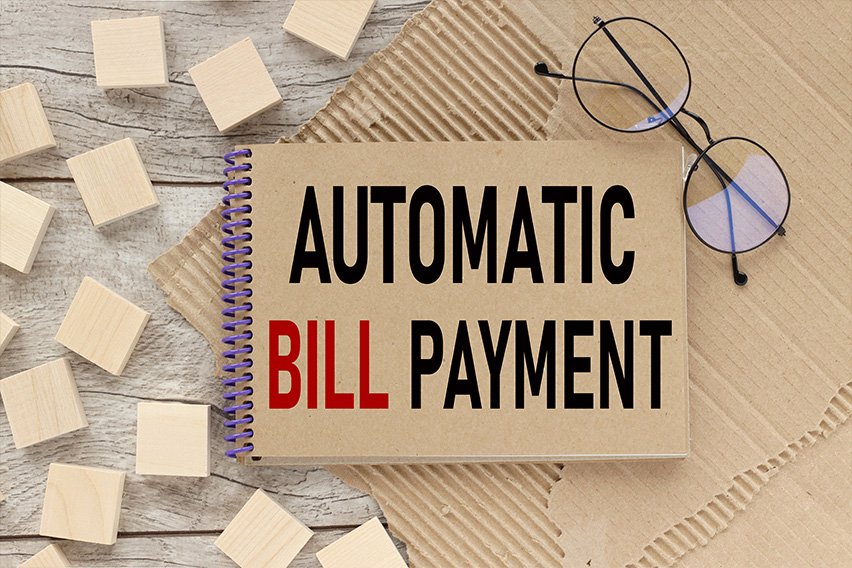 Automatic Bill Payment: What It Is, How to Set It Up, Pros and Cons
Automatic Bill Payment: What It Is, How to Set It Up, Pros and Cons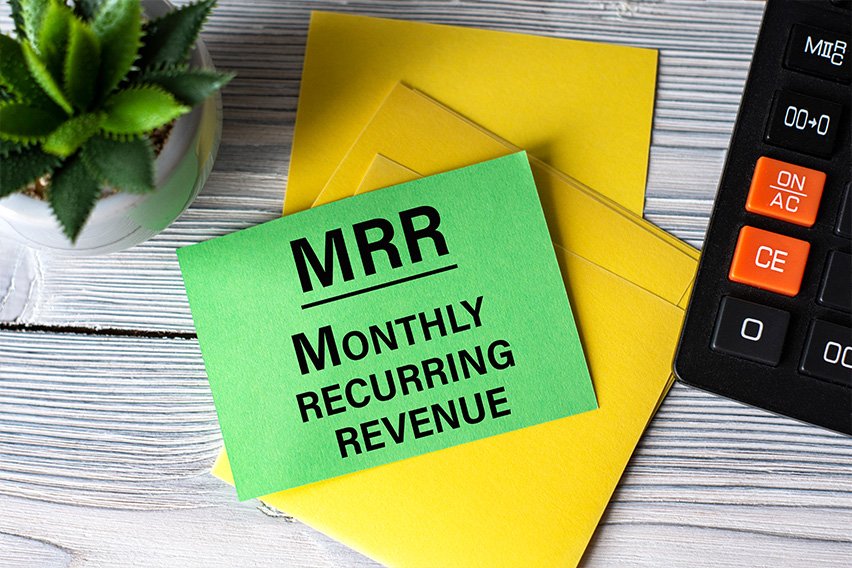 What Is a Recurring Payment? How to Get Paid Faster with Automatic Billing
What Is a Recurring Payment? How to Get Paid Faster with Automatic Billing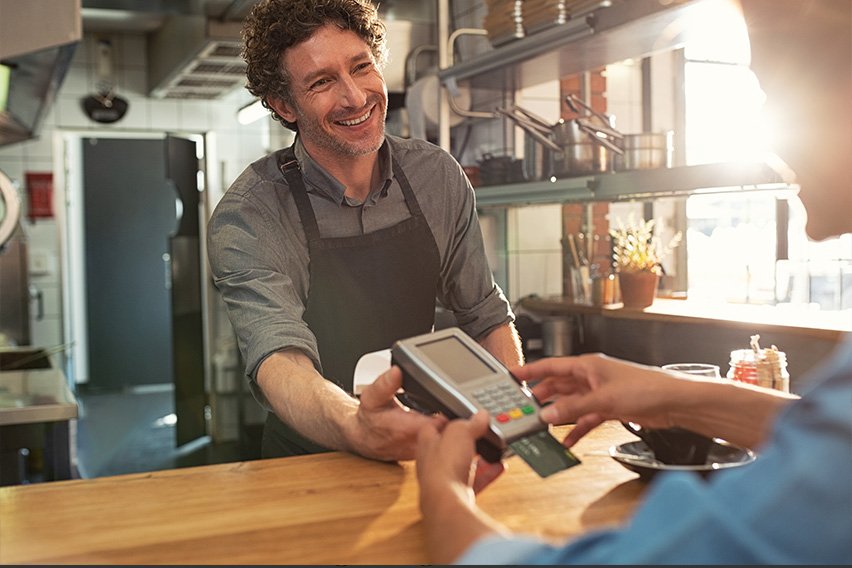 How to Accept Credit Card Payments
How to Accept Credit Card Payments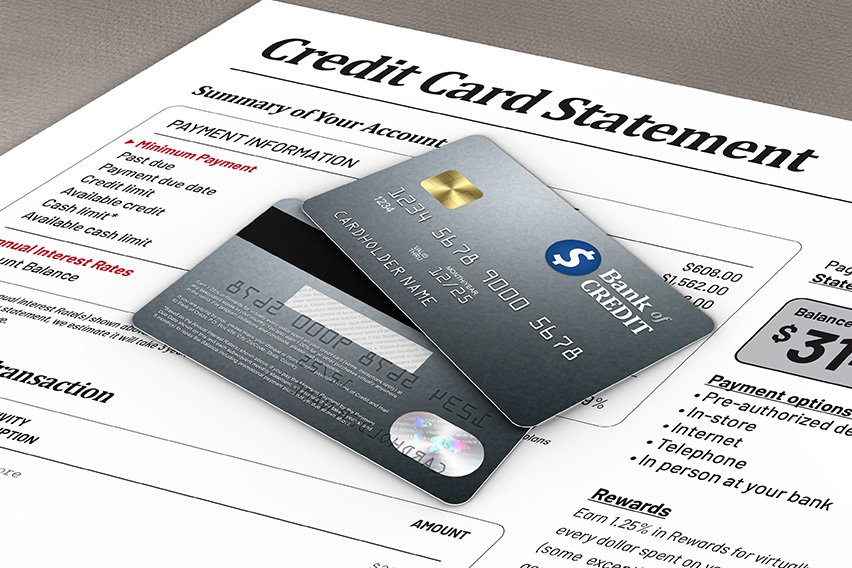 How to Make Your Customers Pay for Credit Card Fees
How to Make Your Customers Pay for Credit Card Fees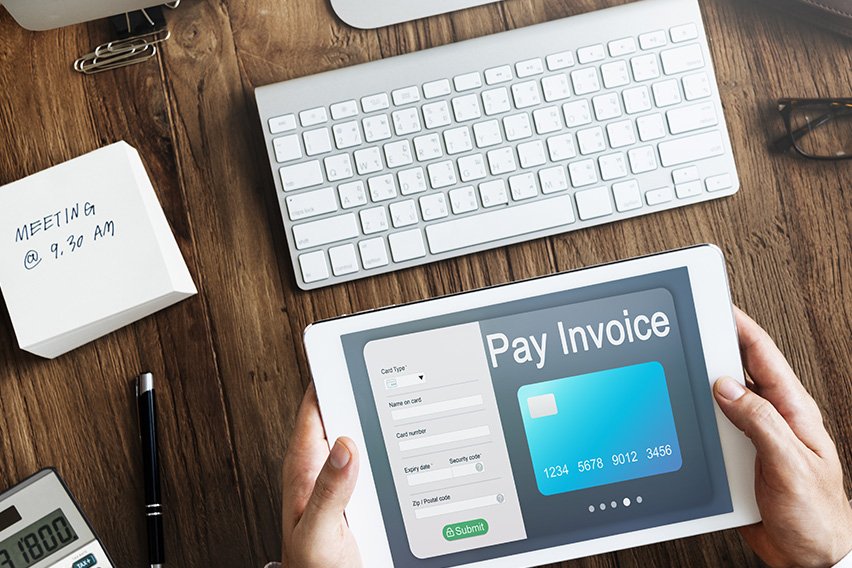 How Long Do You Have to Pay an Invoice
How Long Do You Have to Pay an Invoice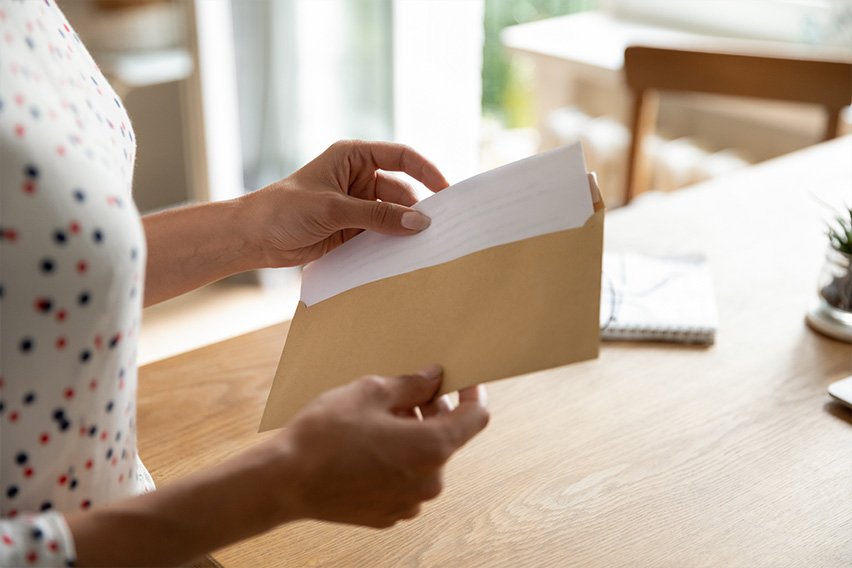 How Much Does It Cost to Send an Invoice?
How Much Does It Cost to Send an Invoice?